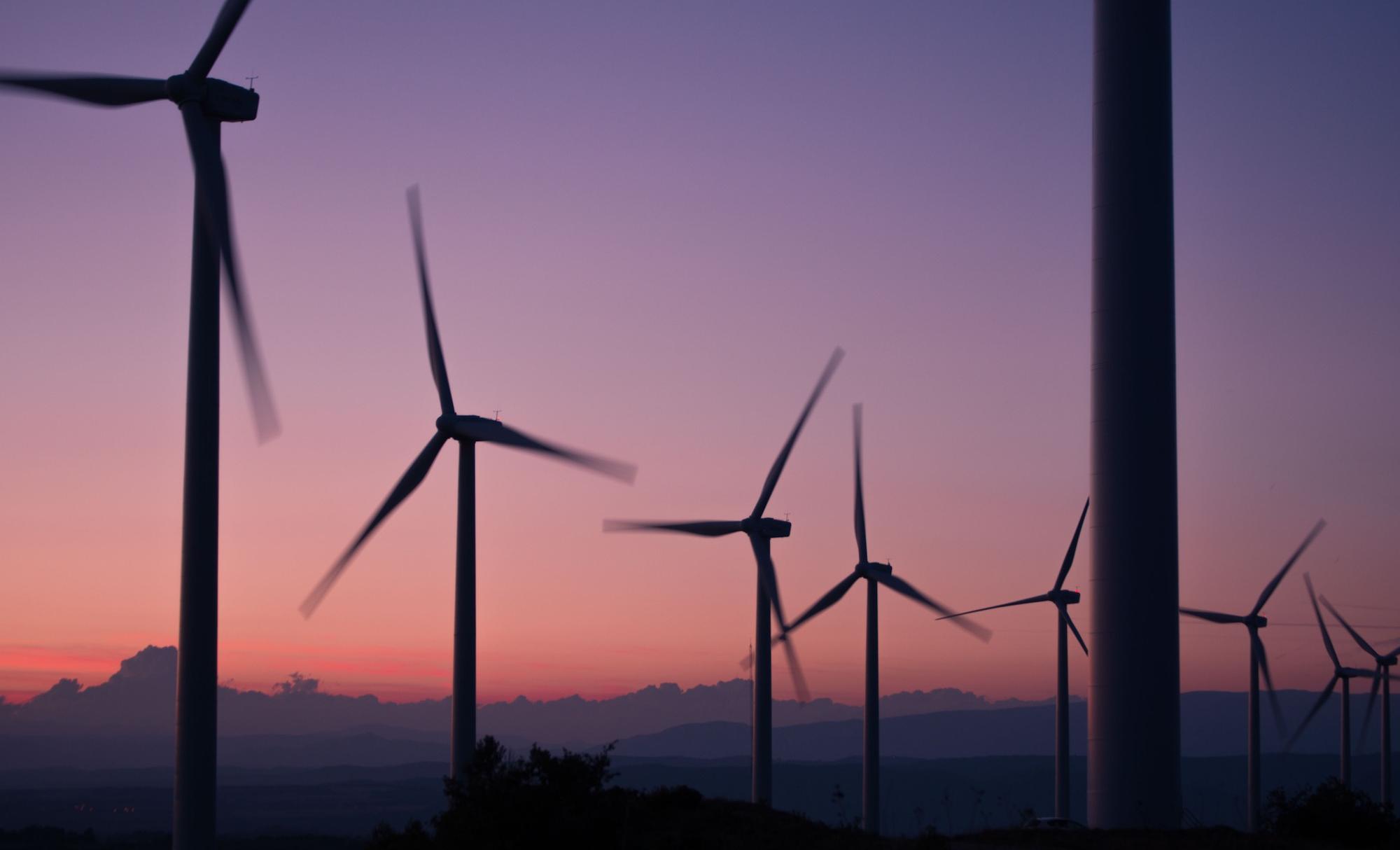
23 September 2024
As the climate crisis accelerates, the annual Net Zero Stocktake 2024, co-led by the Blavatnik School’s Thomas Hale, highlights the lack of emission reduction targets from a significant proportion of companies, cities and regions.
The annual Stocktake reports net zero intent and integrity across all nations, all states and regions in the 25 largest-emitting countries, all cities with 500,000+ inhabitants, and the largest 2,000 publicly listed companies in the world.
While the number of these major companies, cities, and regions with targets has increased since the previous Net Zero Stocktake in June 2023, 40% of them still have no target, holding back progress on climate resilience.
“Net zero leaders may now be grappling with the hard work of implementation, but they are in a far better place than those who, remarkably, have yet to position themselves for a successful transition”, says Thomas Hale, Professor of Global Public Policy at the Blavatnik School.
“Major companies that have yet to set a net zero target are a time bomb for their employees and investors and a mounting financial risk for the economy overall—as well as the planet we all live on.”
The report also shows that there has been a limited improvement in net zero target “integrity”, which reviews, for example, whether targets cover all emitting activities, if there is a plan published and reporting on progress.
While the number of company targets meeting all minimum levels of integrity has increased since June 2023, 1,084 out of 1,145 major companies included are still failing to meet basic integrity levels.
There are some indicators of progress in the report. For example, 14 of the 20 regions in India have set a net zero target that is earlier than India’s national government’s 2070 net zero target. But the bigger message of the report is that there needs to be a step change in commitments to safeguard the climate for future generations.
The Net Zero Tracker is the most comprehensive and up-to-date database of net zero commitments made by nations, states & regions, cities and major companies. Using a combination of automated web data-scraping and manual searching by volunteer data analysts working in a range of languages, the Tracker gathers and collates data on the status of net zero targets, as well as robustness parameters, across more than 4000 entities (from nation states to companies to cities).
The Net Zero Tracker was inspired by, and draws on the methods used for, the Blavatnik School’s COVID-19 Government Response Tracker, conceived and led by Thomas with School colleagues.
The annual Stocktake reports net zero intent and integrity across all nations, all states and regions in the 25 largest-emitting countries, all cities with 500,000+ inhabitants, and the largest 2,000 publicly listed companies in the world.
While the number of these major companies, cities, and regions with targets has increased since the previous Net Zero Stocktake in June 2023, 40% of them still have no target, holding back progress on climate resilience.
“Net zero leaders may now be grappling with the hard work of implementation, but they are in a far better place than those who, remarkably, have yet to position themselves for a successful transition”, says Thomas Hale, Professor of Global Public Policy at the Blavatnik School.
“Major companies that have yet to set a net zero target are a time bomb for their employees and investors and a mounting financial risk for the economy overall—as well as the planet we all live on.”
The report also shows that there has been a limited improvement in net zero target “integrity”, which reviews, for example, whether targets cover all emitting activities, if there is a plan published and reporting on progress.
While the number of company targets meeting all minimum levels of integrity has increased since June 2023, 1,084 out of 1,145 major companies included are still failing to meet basic integrity levels.
There are some indicators of progress in the report. For example, 14 of the 20 regions in India have set a net zero target that is earlier than India’s national government’s 2070 net zero target. But the bigger message of the report is that there needs to be a step change in commitments to safeguard the climate for future generations.
The Net Zero Tracker is the most comprehensive and up-to-date database of net zero commitments made by nations, states & regions, cities and major companies. Using a combination of automated web data-scraping and manual searching by volunteer data analysts working in a range of languages, the Tracker gathers and collates data on the status of net zero targets, as well as robustness parameters, across more than 4000 entities (from nation states to companies to cities).
The Net Zero Tracker was inspired by, and draws on the methods used for, the Blavatnik School’s COVID-19 Government Response Tracker, conceived and led by Thomas with School colleagues.
No comments:
Post a Comment